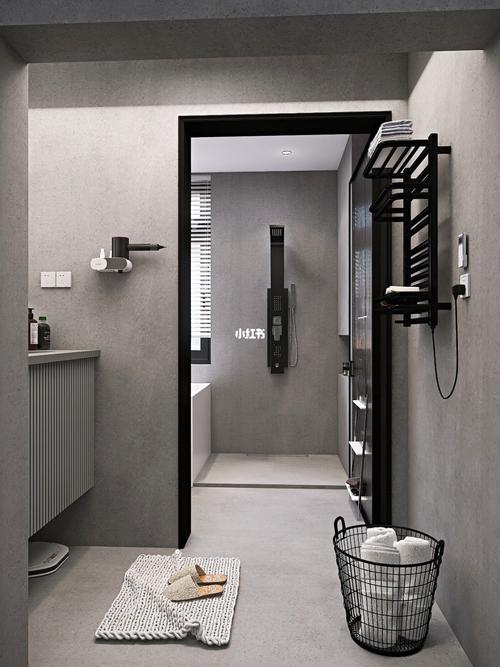什么叫做通用
Understanding General Renovation: What is it?
General renovation, also known as general remodeling or general refurbishment, refers to the process of improving or updating the structure, appearance, and functionality of a building or space. It involves various tasks such as repairing, replacing, or upgrading components of a property to enhance its overall quality, aesthetics, and usability.
General renovation encompasses a wide range of activities, including but not limited to:
- Structural Repairs: Addressing any foundational, structural, or loadbearing issues to ensure the stability and safety of the building.
- Interior Renovation: Upgrading interior spaces such as kitchens, bathrooms, living rooms, bedrooms, etc., by replacing fixtures, flooring, cabinetry, and other elements.
- Exterior Renovation: Enhancing the exterior appearance of the property through tasks like repainting, siding replacement, roof repairs, window and door replacement, landscaping, etc.
- Electrical and Plumbing Updates: Upgrading electrical systems, wiring, outlets, and plumbing fixtures to meet current safety standards and improve efficiency.
- Energy Efficiency Improvements: Installing energyefficient appliances, insulation, windows, and HVAC systems to reduce energy consumption and lower utility costs.
- Code Compliance: Ensuring that all renovations meet local building codes and regulations to maintain legality and safety.
General renovation offers several benefits to homeowners, property managers, and businesses:
- Increased Property Value: Renovations can significantly enhance the resale value of a property by improving its overall condition, aesthetics, and functionality.
- Enhanced Comfort and Livability: Upgrading various aspects of a building can create a more comfortable and enjoyable living or working environment for occupants.
- Improved Energy Efficiency: Energyefficient upgrades not only reduce utility bills but also contribute to environmental sustainability by lowering carbon emissions.
- Enhanced Safety and Security: Addressing structural weaknesses and upgrading security features can enhance the safety and security of the property, protecting occupants and belongings.
- Modernization: Renovations allow property owners to incorporate modern design trends, technology, and amenities, keeping the property competitive in the market.
Before embarking on a general renovation project, it's essential to consider the following factors:
- Budget: Determine your budget for the renovation and prioritize tasks accordingly to ensure that you stay within your financial means.
- Scope of Work: Clearly define the scope of the renovation project, including specific goals, timelines, and desired outcomes.
- Professional Assistance: Consider hiring experienced contractors, architects, and designers who can provide expert guidance and quality workmanship.
- Permits and Regulations: Familiarize yourself with local building codes, zoning regulations, and permit requirements to avoid legal issues and ensure compliance.
- Maintenance Needs: Plan for ongoing maintenance requirements to preserve the quality and longevity of the renovated property.
Overall, general renovation plays a crucial role in maintaining, enhancing, and modernizing properties, whether residential, commercial, or institutional. By investing in renovation projects, property owners can improve their quality of life, enhance property value, and contribute to sustainable development.

